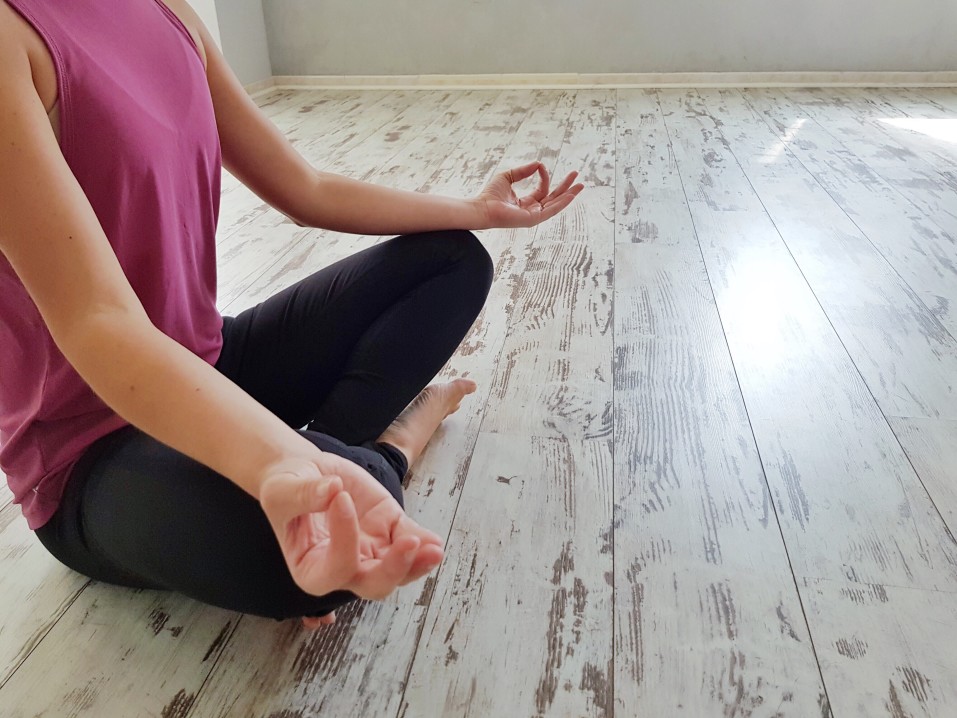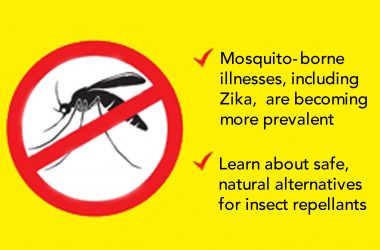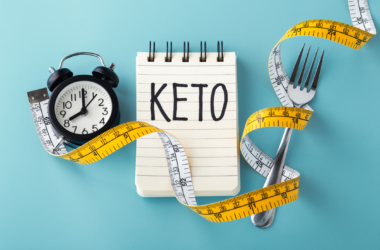Now is a particularly stressful and challenging time with COVID-19 limiting our mobility, finances and even our ability to safely get wholesome food. At the same time, we can choose to use this situation to do things we have been putting off because of competing priorities. If we seize this opportunity and make it transformational, we can implement changes to optimize our body’s immune defenses, reduce our weight, increase quality of life and our overall well being!

1. Eat Healthy: Eat healthy because our food choices not only directly impact our weight and energy levels but also affect our immune defenses. A typical American or Western diet is pro-inflammatory, throwing our immune system out of balance and creating an adverse effect on our ability to fight infection. By choosing whole foods that are nutrient dense and rich in fiber, such as fruits, veggies and other minimally processed foods that are low in unhealthy trans-fats and saturated fats, we help our immune defenses perform at peak levels. The medical evidence is clear. By choosing plant based foods and limiting animal products, we can prevent certain cancers, and reverse or prevent both Type-2 Diabetes and cardiovascular disease. And by avoiding foods that cause inflammation, such as heavily processed, refined, deep fried foods high in refined carbs, sugar, sodium and unhealthy hidden fats, we can optimize our body’s immune defenses. We should also avoid artificial sweeteners and high fructose sugars often found in processed foods, since these too are associated with obesity, insulin resistance and increased inflammation, further compromising our immune defenses.

2. Reduce Stress: Reduce stress because stress directly increases inflammation which compromises our immune system. When stressed our body also releases Cortisol. Cortisol blunts our body’s immune response. Meditation and yoga can reduce stress but also doing things we enjoy, such as watching light hearted movies, listening to music, gardening, laughing and also taking several slow deep breaths, can help reduce stress and improve our immune defenses.

3. Stay Active: When we are at work, it is harder to stay active and avoid being sedentary. If we value our time off as well as our health, we can make a point of doing as little as 20 minutes moderate exercise 3 to 4 times per week to help prime our immune defenses and also help burn calories and increase muscle mass. Being active reduces insulin resistance and lowers insulin. On the other hand, high insulin increases inflammation thus knocking our immune defenses out of balance. Reducing insulin and insulin resistance helps restore balance to our immune defenses and reduces overall stress.
4. Don’t Smoke: Smoking causes inflammation and interferes with our body’s immune defenses. DON’T SMOKE at all costs, including exposure to second hand smoke.
5. Get Sleep: Sleep is not a passive process. It is a time our body is able to rest, repair itself and reboot. Our immune defenses are less than optimal with inadequate sleep. Our bodies require 7 to 9 hours of sleep per night, so get sleep.

6. Stay Connected: When circumstances make it impossible for us to get together with friends and loved ones, it is critical for us to reach out and stay connected with others somehow. When we are in isolation, we tend to get too into our own heads and our thoughts often take on a life of their own. In uncertain times, many of us have anxiety and fear. Dark feelings lead to a sense of helplessness and depression that tend to self-propagate and adversely affect our immune defenses. Connecting with those we love and trust can present alternative perspectives to help us see the lighter side instead of focusing on the negative. Positive emotions also self-propagate and create hope and help get us out of darkness. It is critical during challenging times to reach out and connect with others. Maintaining relationships and connecting via phone, Facetime, Zoom and other social media platforms, help break the vicious cycle preventing us from going deep down a rabbit hole. Reaching out to others not only helps us, but also can help others in need at the same time.






